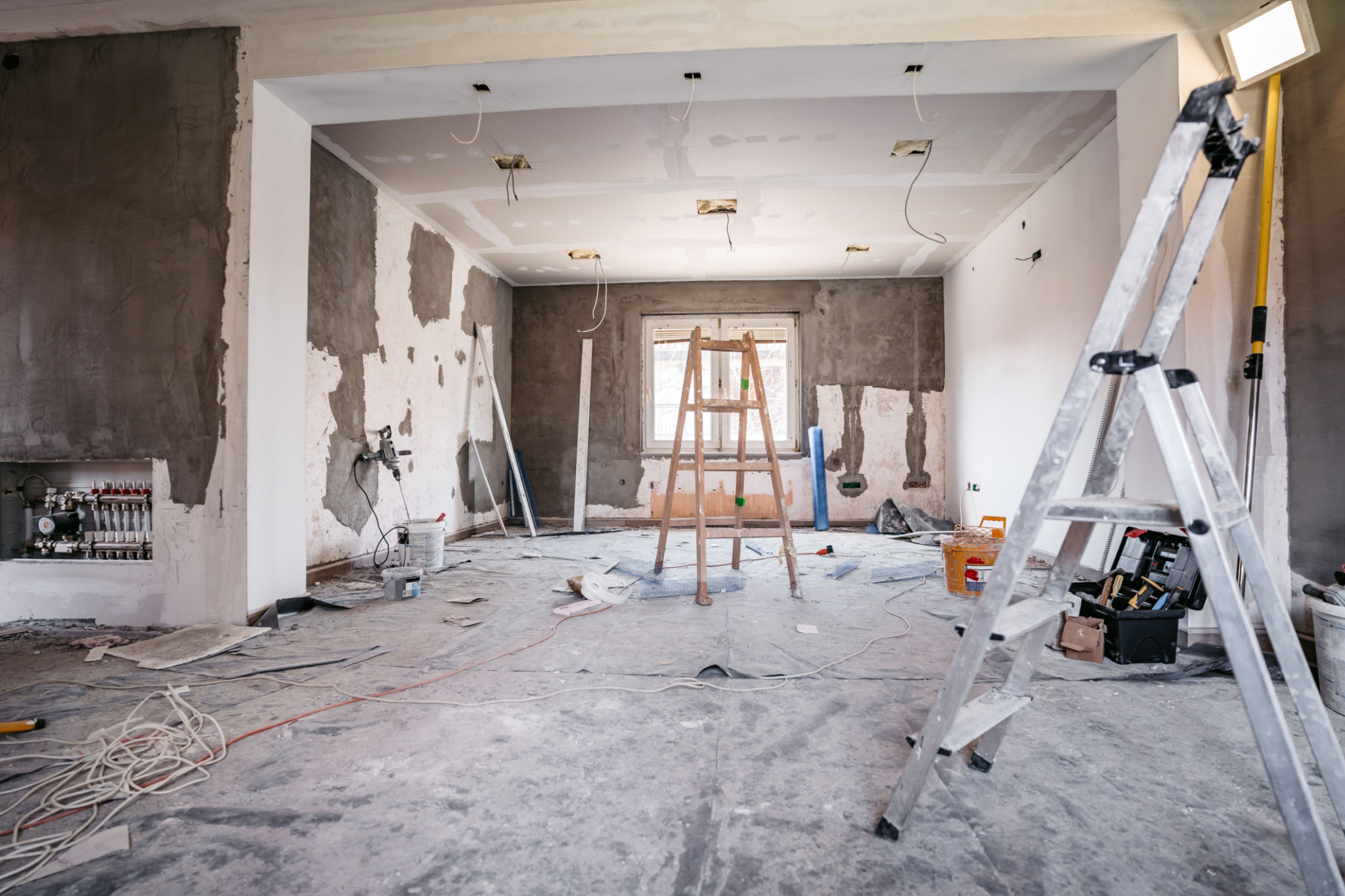How to Prepare Your Home for a Field Inspection
Understanding the Importance of Field Inspections
Field inspections are essential for ensuring that properties meet safety and regulatory standards. Whether you're selling your home, applying for a loan, or preparing for a routine check, a field inspection can play a crucial role in evaluating the condition of your property. Preparing for an inspection can help streamline the process and ensure that everything is in order.
By taking the time to prepare your home, you not only help the inspector do their job more efficiently but also increase the chances of a positive outcome. Attention to detail and organization can make a significant difference in how your home is perceived.

Declutter and Clean Thoroughly
One of the first steps in preparing your home for inspection is to declutter and clean thoroughly. A tidy home not only makes it easier for the inspector to move around but also shows that you take care of your property. Ensure that all areas, including attics, basements, and garages, are accessible and free from excessive clutter.
Pay special attention to areas that might require closer inspection, such as kitchens, bathrooms, and utility rooms. A deep cleaning can help eliminate any potential red flags that might arise during the inspection process. Remember, a clean home is a well-maintained home.
Repair and Maintenance Checks
Before the inspector arrives, take some time to address any minor repairs or maintenance issues. Common areas to check include:
- Leaky faucets or pipes
- Cracks in walls or ceilings
- Faulty electrical outlets or switches
- Broken windows or doors
While these might seem like small issues, they can significantly impact the results of your inspection. Proactively addressing these concerns can prevent them from being highlighted in the inspection report.

Ensure Easy Access to Key Areas
Inspectors need easy access to certain areas of the home, such as the attic, basement, electrical panels, and HVAC systems. Ensure that these areas are not blocked by furniture or other items. Clear any obstructions that might prevent the inspector from conducting a thorough evaluation.
If there are locked areas that need to be inspected, provide keys or unlock them before the inspector's arrival. This consideration will save time and help maintain a smooth inspection process.
Document and Organize Important Information
Gather any relevant documentation that might assist the inspector, such as recent repair invoices, renovation permits, and warranty information for appliances. Having these documents organized and readily available can be beneficial during the inspection.

If you have made recent upgrades or improvements to your home, be sure to highlight these to the inspector. Providing context can help them understand the current state of your property and any changes that have been made over time.
Communicate with Your Inspector
Effective communication with your inspector is key to a successful field inspection. Be available to answer any questions they might have during their visit. If there are specific concerns or areas you would like them to focus on, communicate these clearly before they begin.
Remember, inspectors are there to help ensure that your home is safe and up to code. Their feedback can be invaluable in maintaining the integrity of your property.